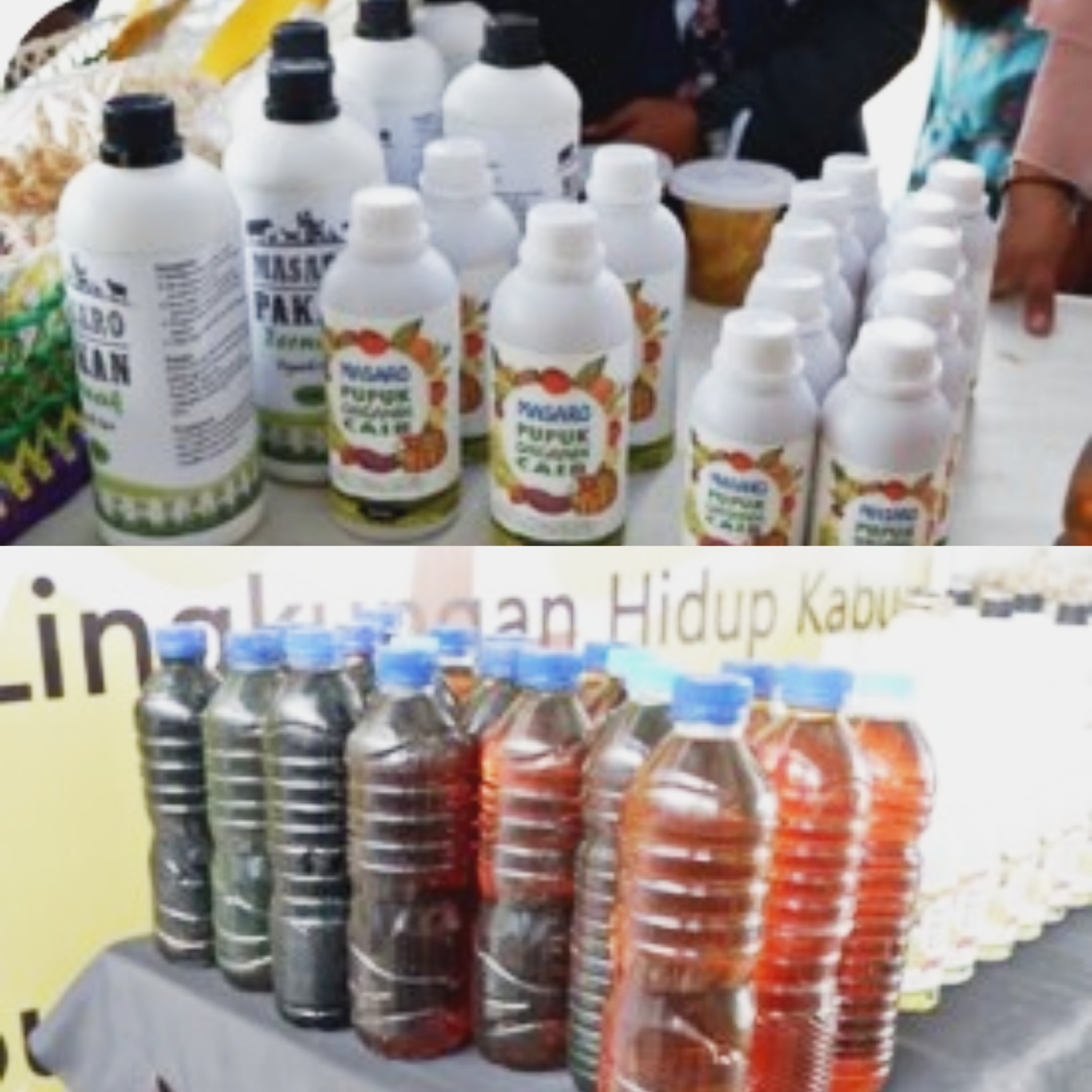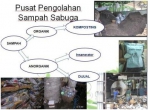Waste Management Must Be Prioritized
By Adi Permana
Editor Adi Permana

BANDUNG, itb.ac.id– Sunil Herat, Ph. D., Associate Professor in Griffith University's School of Engineering and Built Environment, stated that waste management is currently a global concern, particularly in large cities. Domestic and industrial solid waste is produced as a result of a variety of reasons, including population increase and the consumption of basic commodities.
He talked about this in a webinar titled "Waste Management and Circular Economy: A Global Perspective," which was hosted by Griffith University and the Faculty of Civil and Environmental Engineering (FTSL) ITB.
According to the World Bank, garbage production in Asia and the Pacific is the greatest in the world, accounting for 23 percent of global waste. As a result, solid waste management should be elevated to a priority public service. Herat stated, "Waste management must be given the same priority as other areas."
He went on to say that there are various types of solid waste that are currently a major issue that must be handled immediately, including plastic waste, which is expected to continue to grow in volume. The amount of plastic waste in the ocean is expected to exceed the number of fish populations in 2050, according to predictions.
Food waste generated throughout the production, processing, and distribution stages, as well as some B3 trash, are examples of waste that can harm the environment if not handled appropriately. Because a number of countries lack the infrastructure or ability to handle B3 garbage, this service industry is known to be highly costly.
To achieve good waste management, the 12th SDG, guaranteeing sustainable consumption and production patterns, can be set as the benchmark for all management plans. Because of the use of technology to assist, industry 4.0 brings up a variety of opportunities and methods for preventing and reducing waste creation. Some waste management solutions can be applied by balancing technological and non-technical components – this is where product sustainability can be accomplished.
Photo: Screenshot of Sunil Herat, Ph.D.’s presentation
The application of the circular economy, essentially the use of products or resources for as long as feasible and their recovery at the end of their use, can be used to achieve good waste management. The distinction between the linear and circular economy is that linear economy employ limited resources, whereas circular economy utilize renewable resources. Understanding this concept may be used in the analysis of the product use cycle, which examines the creation, use, and disposal of commodities in order to assess their environmental impact. As a result, the circular economy concept is used to reduce the distance between the production and consumption of commodities while also lowering the selling price to the general public.
Although achieving zero waste is difficult, even with the adoption of the circular economy, it is not impossible as long as the implementation process is carried out in a sustainable manner.
"Waste cannot be considered a free service. If we make it, we have to pay for it," Herat explained.
The costs collected can be used to improve waste management and make it more effective and efficient. Service charge collection and garbage management can work effectively as long as the government invests in and prioritizes the waste management industry.
Reporter: Ruth Nathania (Environmental Engineering, 2019)
Translator: Sekar Dianwidi Bisowarno (Bioengineering, 2019)

.jpg)
.jpg)
.jpg)
.jpg)
.jpg)

.jpg)

